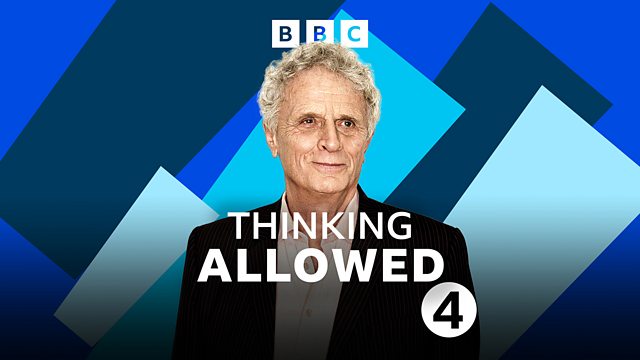Popular Music and Violence - The Etymology of 'Hooligan'
Laurie Taylor is joined by Dr Martin Cloonan and Caspar Melville to discuss how music is used in conflicts, and how it is increasingly used by public utilities in attempts to control what people do.
POPULAR MUSIC AND VIOLENCE
David Gray, Eminen, ACDC, Bruce Springsteen, Christina Aguilera and Nancy Sinatra are artists whose music - despite their protests - have all been used by states as instruments of war. Laurie Taylor is joined by Dr Martin Cloonan, co-author of the Dark Side of the Tune and Caspar Melville, former lecturer in Popular Music Studies at Goldsmiths, to discuss how music is used in conflicts, and how it is increasingly employed by public utilities and commercial organisations in attempts to control what people do.
THE ETYMOLOGY OF ‘HOOLIGAN’
According to Professor Geoffrey Pearson the word "hooligan" made its official entrance into the English language during the summer of 1898, in the wake of a rowdy, August bank holiday celebration in London when hundreds of people appeared before the courts on charges of assault and drunkenness. Professor Pearson expands on the origins of the word ‘hooligan’.
Last on
Broadcasts
- Wed 7 Jan 2009 16:00����ý Radio 4
- Mon 12 Jan 2009 00:15����ý Radio 4
Explore further with The Open University
����ý Thinking Allowed is produced in partnership with The Open University
Download this programme
Subscribe to this programme or download individual episodes.
Podcast
-
![]()
Thinking Allowed
New research on how society works


